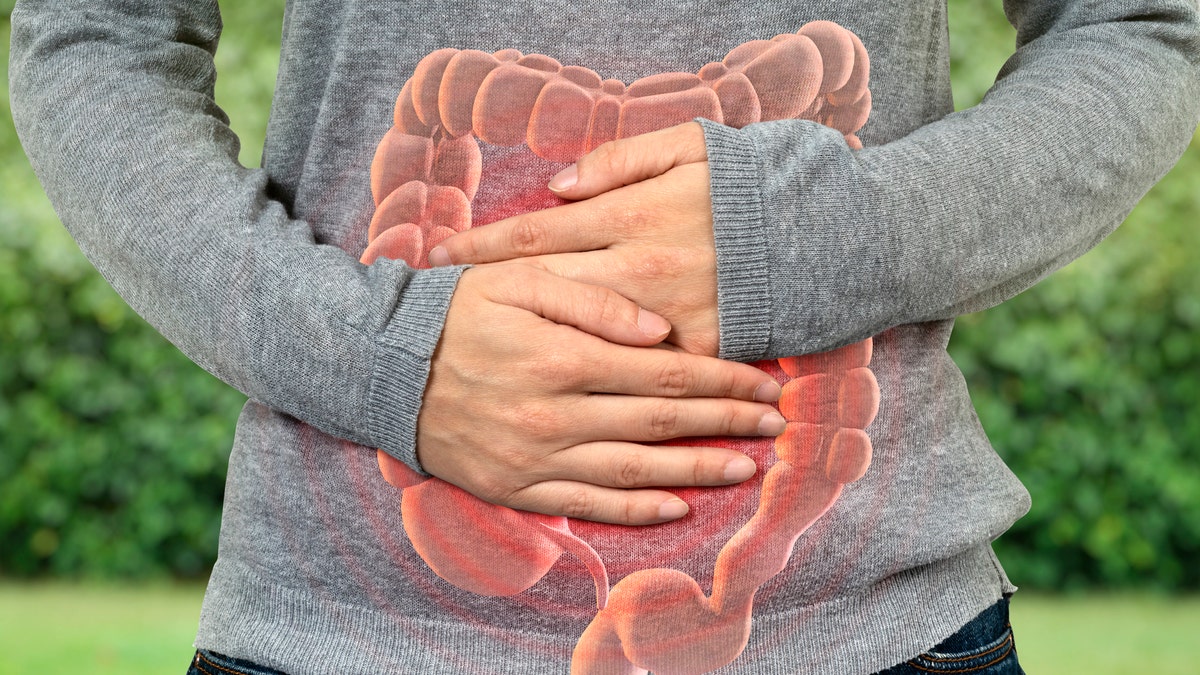Fox News Flash top headlines for August 7
Fox News Flash top headlines are here. Check out what's clicking on Foxnews.com.
An outbreak in Austin, Texas, of the parasitic infection cyclosporiasis has sickened 82 people, according to the city's health department.
Austin Public Health (APH) officials are now trying to identify the source of the intestinal illness that has affected residents in Austin-Travis County. The officials stated the first case was reported back on June 1, and as of Aug. 5, 82 cases have been reported to the epidemiology team.
According to the Centers for Disease Control and Prevention (CDC), cyclosporiasis is caused by a microscopic parasite that can lead to symptoms including stomach cramps, frequent bowel movements, diarrhea, nausea, fatigue, loss of appetite, bloating and weight loss. This illness typically occurs when people consume food or water contaminated by feces. Symptoms can take up to a week to appear following the infection, per the CDC.
Austin public health officials have not yet found a source of the local outbreak but stated that previous outbreaks have been linked to different fresh fruits or vegetables, including green onions, cilantro, raspberries and basil.
Recently, the CDC warned that a cyclospora outbreak that affected multiple states was linked to a brand of bagged salad. That warning, from July, did not include Texas, however.

The parasitic infection causes intestinal illness with symptoms including diarrhea and stomach cramps (iStock)
“While we may be in COVID-19 season, we cannot forget the other diseases and infections that are commonly present in our community,” Janet Pichette, APH chief epidemiologist, stated on the APH website. “And as we have said time and time again, there are ways to prevent many of these diseases and infections, including Cyclosporiasis – thoroughly wash fresh produce, wash your hands after handling fruits and vegetables, and separate produce from raw meat and seafood.”
If you think you may have been infected, public health officials recommend writing down a list of foods you ate in the past two weeks and see your health care professional. If left untreated, symptoms can last from a few days to over a month, per health officials.
DIETS HIGHER IN PROTEIN, PARTICULARLY PLANT PROTEIN, LINKED TO LOWER RATES OF EARLY DEATH: STUDY
To prevent foodborne illness, the APH recommends the following tips:
- Wash hands with soap and warm water before and after handling or preparing fruits and vegetables
- Clean countertops, dishes, utensils and cutting boards, with soap and hot water between preparing raw meats and preparing fruits and vegetables
- Wash all fruits and vegetables thoroughly under running water before cutting, cooking, eating or cutting. Use a clean produce brush to scrub firm fruits and vegetables like cucumbers. Cut off any damaged or bruised areas on fruits and vegetables before preparing and eating
- Refrigerate cut, peeled or cooked fruits and vegetables as soon as possible, or within two hours
- Separate fruits and vegetables from raw meat and seafood

